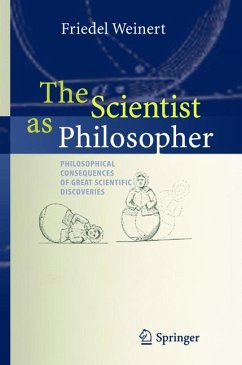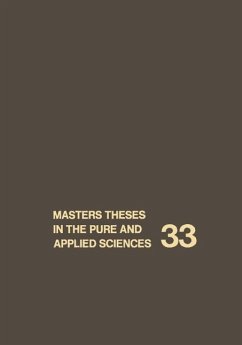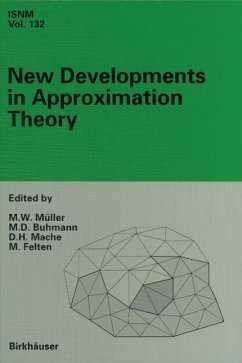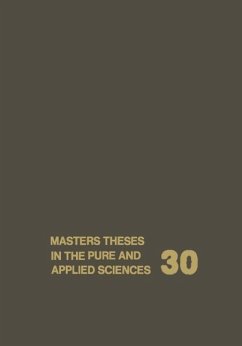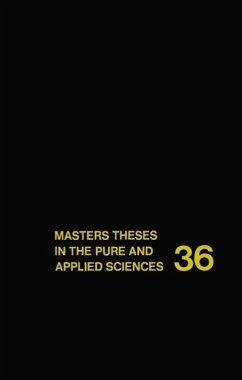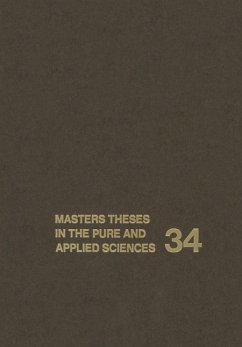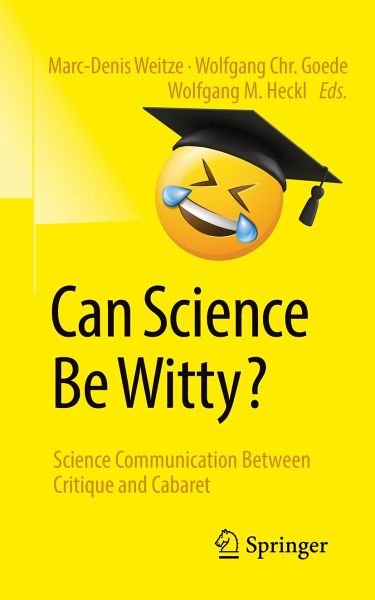
Can Science Be Witty? (eBook, PDF)
Science Communication Between Critique and Cabaret
Redaktion: Weitze, Marc-Denis; Heckl, Wolfgang M.; Goede, Wolfgang Chr.

PAYBACK Punkte
14 °P sammeln!
Can Science Be Witty? takes a close look at an element of modern science communication that is as innovative as it is promising for the future: comedy!Readers are guided through lucidly presented academic theory as well as exciting hands-on and best-practice examples from renowned practitioners and cabaret artists:- What do sheep cheese and car tires have in common?- Can laughter tear down walls?- How does "Die Anstalt" work?- How does magic create knowledge?- Is there humor in museums?- Serving suggestion for the Holy Spirit- Dictatorship of stupidity- And much more!But it's not all just funn...
Can Science Be Witty? takes a close look at an element of modern science communication that is as innovative as it is promising for the future: comedy!
Readers are guided through lucidly presented academic theory as well as exciting hands-on and best-practice examples from renowned practitioners and cabaret artists:
- What do sheep cheese and car tires have in common?
- Can laughter tear down walls?
- How does "Die Anstalt" work?
- How does magic create knowledge?
- Is there humor in museums?
- Serving suggestion for the Holy Spirit
- Dictatorship of stupidity
- And much more!
But it's not all just funny. Comedy can also take away some of the biting sharpness of criticism, making it digestible, even palatable, for the addressees.
Can Science Be Witty? navigates between critique and cabaret and deals with comedy in various forms from different perspectives.
22 contributions show how the results of science, researchand technology can be brought to the general public in new ways. In particular, they also demonstrate how humour can be used as a critical and questioning force - valuable for all types of communication and helpful in making them more witty in the future.
The translation was done with the help of the artificial intelligence (machine translation by the service DeepL.com). The text has subsequently been revised further by the original editors in order to refine the work stylistically.
Readers are guided through lucidly presented academic theory as well as exciting hands-on and best-practice examples from renowned practitioners and cabaret artists:
- What do sheep cheese and car tires have in common?
- Can laughter tear down walls?
- How does "Die Anstalt" work?
- How does magic create knowledge?
- Is there humor in museums?
- Serving suggestion for the Holy Spirit
- Dictatorship of stupidity
- And much more!
But it's not all just funny. Comedy can also take away some of the biting sharpness of criticism, making it digestible, even palatable, for the addressees.
Can Science Be Witty? navigates between critique and cabaret and deals with comedy in various forms from different perspectives.
22 contributions show how the results of science, researchand technology can be brought to the general public in new ways. In particular, they also demonstrate how humour can be used as a critical and questioning force - valuable for all types of communication and helpful in making them more witty in the future.
The translation was done with the help of the artificial intelligence (machine translation by the service DeepL.com). The text has subsequently been revised further by the original editors in order to refine the work stylistically.
Dieser Download kann aus rechtlichen Gründen nur mit Rechnungsadresse in A, B, BG, CY, CZ, D, DK, EW, E, FIN, F, GR, HR, H, IRL, I, LT, L, LR, M, NL, PL, P, R, S, SLO, SK ausgeliefert werden.






